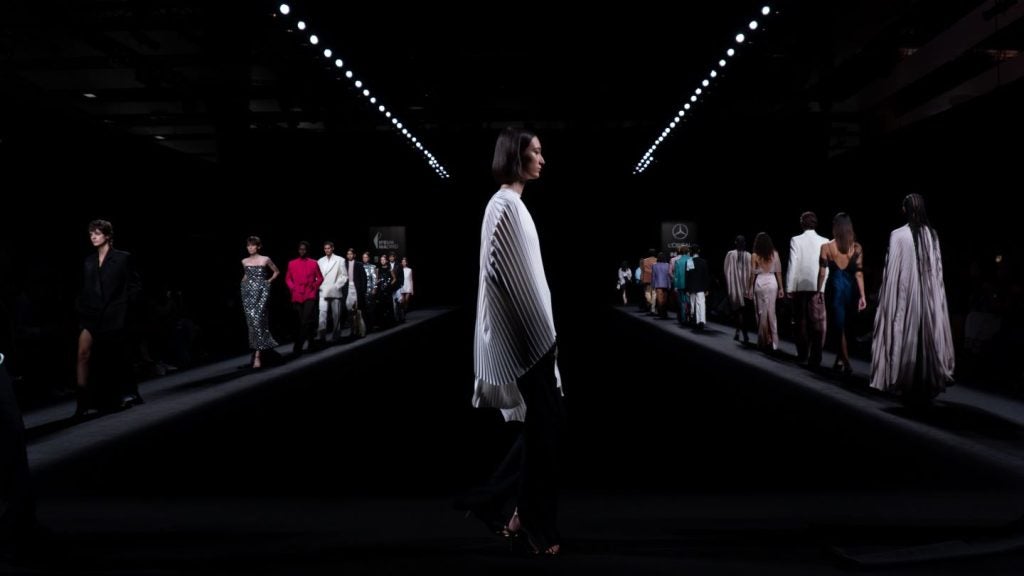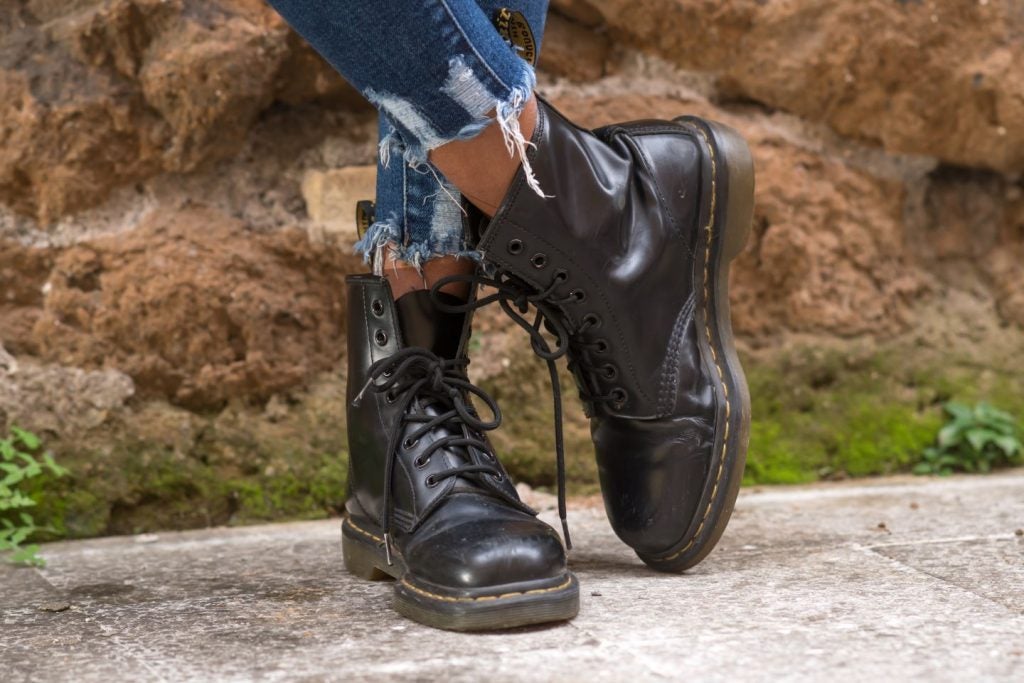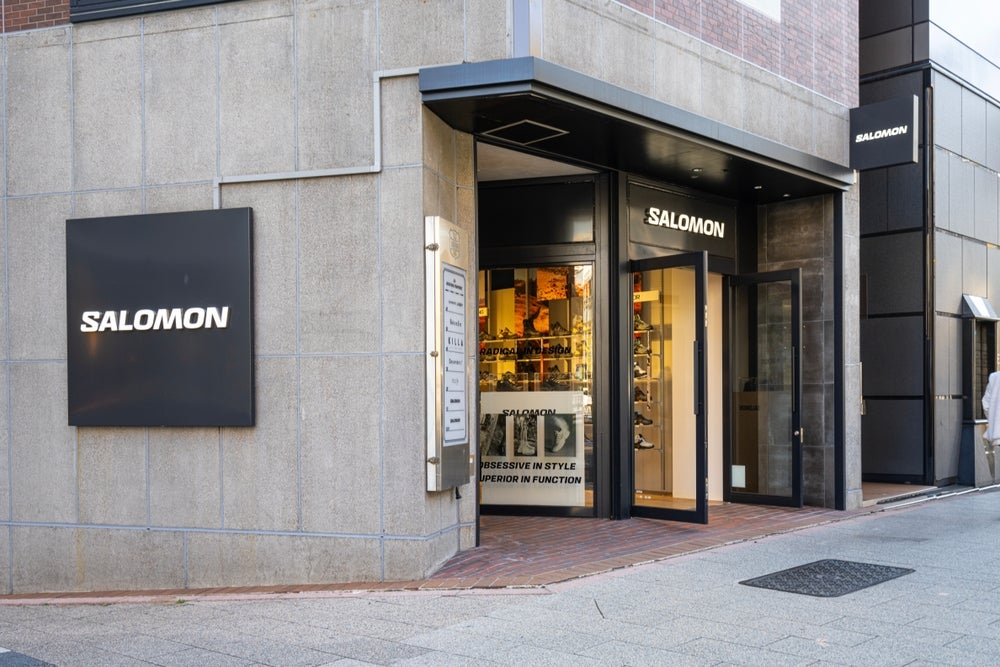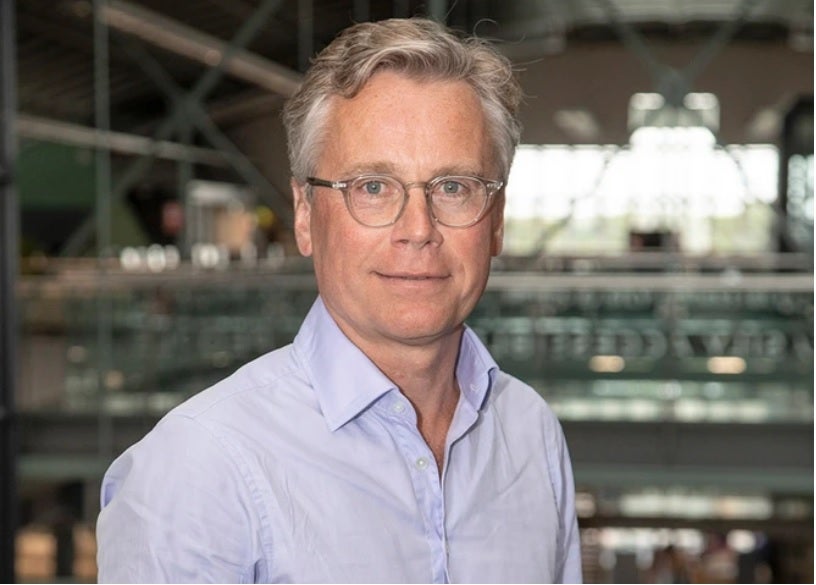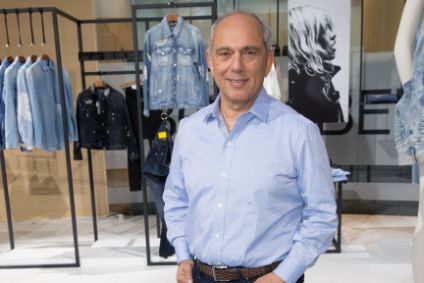
If there is a quality that gives many Israeli companies an edge internationally, it is innovation. And this trait certainly runs through the work of Israeli apparel major Delta Galil, as CEO Isaac Dabah tells just-style in an exclusive interview.
“We could not succeed if we were not innovative” says Dabah. Efficient production has never been enough for the company: “We are more innovators. We come up with a customer’s long-term total solution for one particular idea or transaction taking their needs into account. Innovation is in the DNA of the company.”
Established in 1975, in the mountains of the Galilee, hiring hundreds of workers and acquiring facilities for spinning, dyeing and knitting, the founders of Delta Galil focused on making the company a leading name in apparel, cultivating a relationship with UK retail giant Marks & Spencer.
Today, Delta Galil is among the largest apparel makers in the world, with a turnover of US$1.4bn. It produces branded and private label apparel products for men, women and children, including lingerie, leisurewear, activewear and denim lines.
The business has made the most of the world’s outsourcing movement, with factories in Jordan, Egypt, Turkey, Bulgaria, Slovakia, the Czech Republic, Thailand, China and Vietnam, along with a joint venture unit in Bangladesh
The business has made the most of the world’s outsourcing movement, with factories in Jordan, Egypt, Turkey, Bulgaria, Slovakia, the Czech Republic, Thailand, China and Vietnam, along with a joint venture unit in Bangladesh.
See Also:
The company also has a research and development (R&D) centre in Karmiel, Galilee, Israel. It has a new headquarters building in Caesarea, north of Tel Aviv, where just-style met Dabah. Delta Galil also undertakes design, development, sales and marketing work in Israel, with additional creative and design teams in New York, Los Angeles, London, and Radolfzell, Germany. It employs 12,000 people worldwide.
How well do you really know your competitors?
Access the most comprehensive Company Profiles on the market, powered by GlobalData. Save hours of research. Gain competitive edge.

Thank you!
Your download email will arrive shortly
Not ready to buy yet? Download a free sample
We are confident about the unique quality of our Company Profiles. However, we want you to make the most beneficial decision for your business, so we offer a free sample that you can download by submitting the below form
By GlobalDataClose to the customer
With such a variety of production locations, the company is able to take advantage of lower costs and shorter distribution distances. For instance, its Turkey, Bulgaria, Slovakia and Czech factories serve its European clients, and many can ship in two days by truck to Germany. “Today you have to be close to the customer,” stresses the CEO.
Importantly, Delta Galil last year opened what Dabah calls a “world class factory in Vietnam,” in the south-central province of Binh Dinh; a three-floor integrated factory where sewing, knitting and dyeing are undertaken together.
“Basically, we can take an order on day one and ship it on day 14 because everything is under one roof. There is a tremendous push for reducing time, and to respond to customer needs,” explains Dabah, highlighting the growing importance of fast fashion.
“Delta’s advantage is that we can make our own fabrics, and from fabric to sewing to dyeing to packing. This gives us a shorter production time. In general, we are focused on reducing the time of the process,” adds the CEO.
Such a wide outsourcing portfolio brings production and procurement strength, he adds. Not only does the company make apparel in “among the lowest cost countries there are…we have the ability to source in more countries, so we are very flexible,” says Dabah.
More branded business
“Our aims is to grow the company by 10-15% per year, increasing sales from US$1.4bn to US$1.8bn over three years”
Since taking over from the founder as CEO in December 2008 (the late Dov Lautman died in 2013), the company has “moved towards doing more branded business labels, says Dabah, who notes that today 65% of the company’s business is branded.
“When I became CEO, it was less than 20%. We are less susceptible to the private label side of the business, where M&S used to be 50% of our business,” a proportion that has since declined.
Dabah says the company has diversified its international sales since he took over and is focused on growth. Indeed, sales have grown 11% at a compound annual growth rate (CAGR) over the last eight years, and profits are up around 23% on a compounded annual basis.
And expect these figures to expand. “Delta’s business is 56% in the US, approximately 34% in Europe and the balance in Israel.” And while the company is not selling into east Asia, India, Brazil or South America, “we are going to focus on growing our business in those areas where Delta is currently not present,” explains the CEO.
He has also focused management systems. Dabah says that when he took over as CEO there were nine different company management systems in operation. Today the Delta Galil group uses just one company management system, so all managers can have a clear understanding of how the business is functioning.
Open and tolerant
The business has also been open and collaborative regarding its personnel policy, with its Israel manufacturing units employing Jews, Christians, Druze and Muslims, all working under one roof peacefully. “That has been the case for the past 40 years” he says. “We are very pro co-existence, multiculturalism and tolerance.”
Underlining this, he proudly tells just-style about the company’s facilities in Egypt and Jordan. “We were the first Israeli apparel company to open a manufacturing facility in Egypt after the peace agreement was signed with Anwar Sadat in 1979 [the unit was inaugurated in 1995]. It is one of the biggest sewing manufacturing facilities in Egypt,” operating initially in Nasr City and now in El Minya. Also, as soon as Israel signed a peace agreement with Jordan in 1994, Delta opened a sewing plant in Irbid, in 1995.
E-commerce growth
The company’s small factory in Israel, as well as these Jordan and Egypt plants, can deliver product in three to four days to European and American markets. Looking ahead, Dabah says Delta Galil is increasingly focused on serving e-commerce clients.
“Almost 10% of our business today is with purely e-commerce players.” And Delta is also growing its online B2C sales. “In 2017, our own e-commerce site grew by 100%,” says Dabah, highlighting the company’s in-house brands, such as Splendid, 7 For All Mankind, Schiesser, and PJ Salvage. “The growth on the brands we own and the growth in e-commerce has been 40% in 2017, so I think we are doing a good job.”
Dabah’s goal is for Delta to be one of the world’s ten largest clothing and textile companies.
“Our aim is to keep our customers satisfied and if we do that we will grow. We have a great team of people that enable us to do that. We have a two-year plan which aims at growing the company by 10-15% per year, and increasing our sales from today’s US$1.4bn to US$1.8bn over three years. We have a lot of work to do.”
DELTA GALIL FACTBOX
Delta Galil reported record results for 2017 that included a year-on-year sales increase of 16% to US$1.36bn.
The fourth quarter results indicated that this growth will continue, showing a net income growth of 8% to US$20.1m, compared to US$18.5m in same period a year earlier. Operating profits in the quarter were US$32.5m, a 1% increase on the prior year’s US$32.3m.
“We are extremely pleased with our 2017 annual results, which were highlighted by record sales, EBITDA, net income and EPS excluding one-time items,” Dabah said. The results reflected strength in the Global Upper Market, serving leading brands such as Calvin Klein, NIKE, Tommy Hilfiger, and more; and Delta Galil Premium Brands, which includes its 7 For All Mankind, Splendid and Ella Moss lines.



